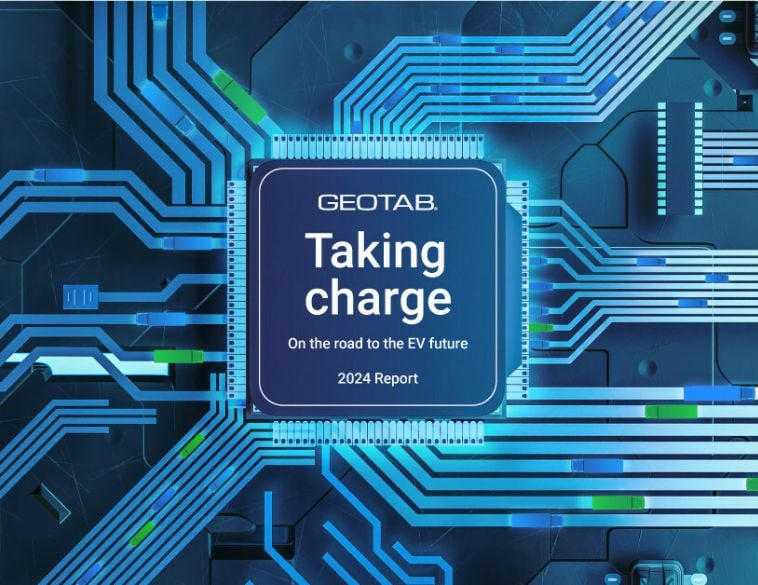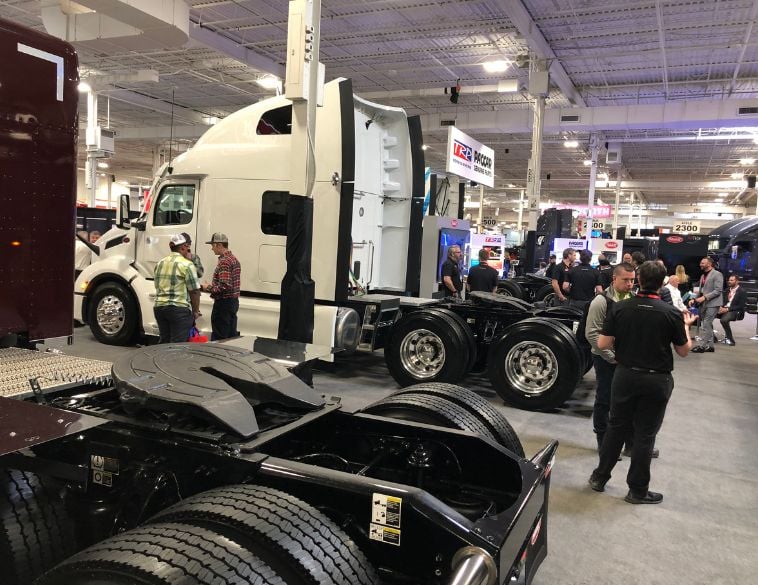The global pandemic of COVID-19 has profoundly altered consumer expectations of the vehicles available to them.
A panel of four experts spoke on this issue at the virtual CES 2021 show. Moderated by Alexis Shoemaker of the Consumer Technology Association, they discussed that the aftermath of the COVID-19 pandemic will have a profound impact on consumers’ mobility expectations.
According to these experts, the effects will be long-lasting. For instance, the loss of confidence in public transportation and vehicle sharing will leave its mark. Moreover, studies show that only 20% of work-from-home employees want to return to the office full time.
As a result, the reduction of commuters in cities could lead to road redesign, leaving more room for green space. Improving the urban environment would have a positive impact on local economic activity, but not the problem of reducing the number of workers in city centres.
A safety bubble
But it’s probably in terms of what consumers expect from the automakers that this discussion becomes interesting for our dealers. Christiane Zorn, Head of Product Marketing at Audi AG, points out that cars have become a bubble where drivers and their passengers want to feel safe. Keyless access, for example, is now a point of consideration when making a purchase.
In many cases, the car is a mobile office or private space for those who work from home. As many business people remain cautious about air travel, they prefer to use their car to travel long distances.
“Manufacturers need to offer a higher data management capacity to meet the demand for communication from the vehicle,” says Andrew Poliak of Panasonic Automotive. And this is also true for all things entertainment. The vehicle is also a family bubble where children will want to listen to movies or consult social networks.”
Carla Bailo from the Center for Automotive Research points out that if 25% of consumers can buy a vehicle without testing it, they will have no incentive to complete the purchase if it does not have the most effective communication technologies they need.
À la carte customization
The panellists agreed that the demand was split. Depending on their gender, age group and occupation, potential buyers will expect different capabilities from their next vehicle. Price is a factor, but customers will be willing to pay to customize their vehicle for useful options.
For example, there are options available that create separate audio bubbles for each area of the car. This allows the driver to focus on the road while the passengers can conduct their own activities.
According to Stefan Buerkle of Robert Bosch, manufacturers need to think 10, 20, or 30 years into the future. “A first-time owner or buyer of a used car should be able to customize it according to his or her tastes and needs. These vehicles, which can last a very long time, need to be upgraded with new options right from the design stage. This could also be an interesting source of revenue for manufacturers.”
“With the advancements in driver assistance technology, panellists stressed the importance of dealers taking the time to explain how it works to their customers. We’re not yet at the point where we’re talking about autonomous cars, and there is a risk that consumers may become overly confident in their vehicles and be less attentive to the road,” said Poliak. Conversely, they need to understand the work of these systems that protect them to gain confidence in how they work. This is the next step for many in the acceptance of more autonomous cars.”



